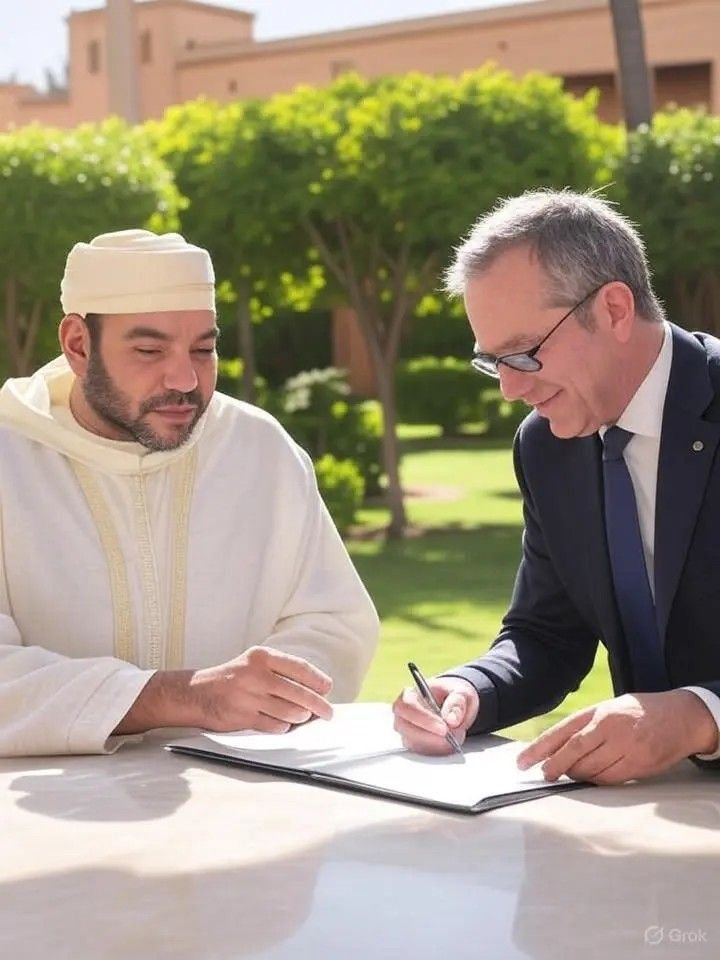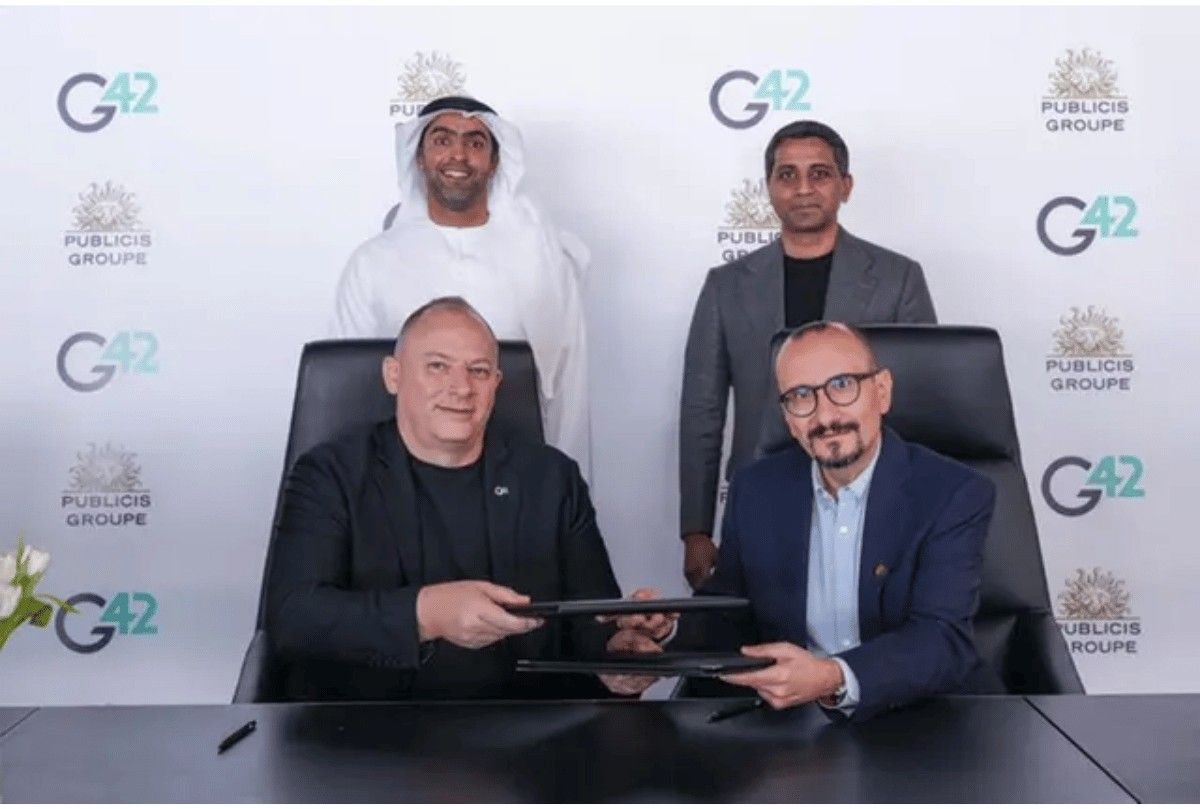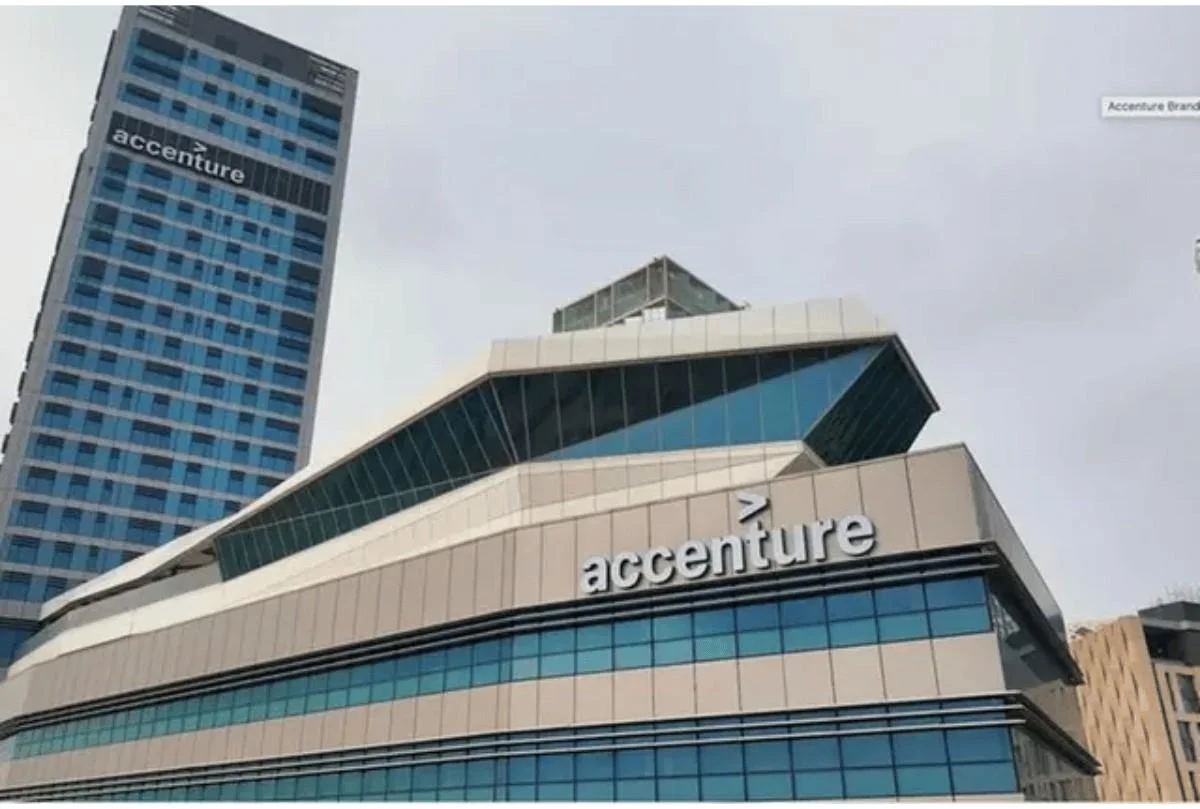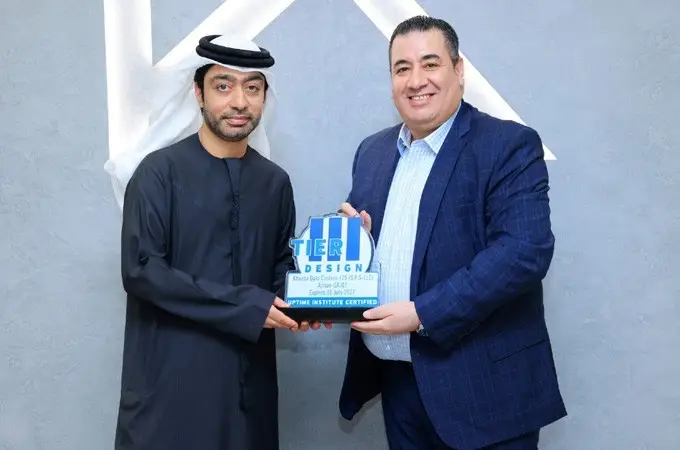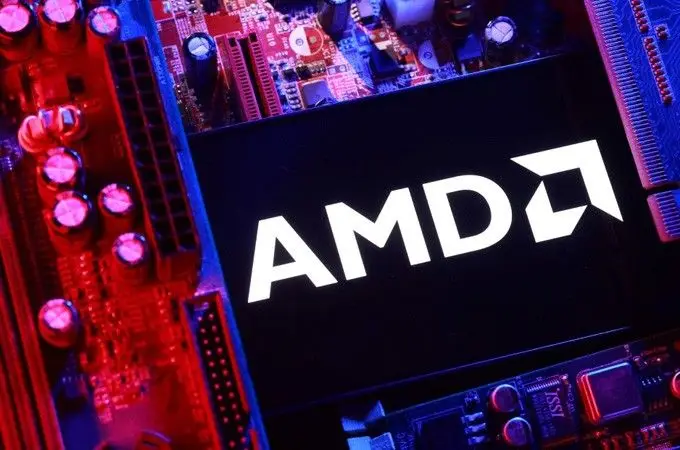Morocco has signed a strategic memorandum of understanding (MoU) with French artificial intelligence firm Mistral AI, aiming to position the kingdom as a regional hub for AI innovation. The agreement, formalized on 12 September 2025 in Rabat between Morocco’s Ministry of Digital Transition and Administration Reform and Mistral AI, focuses on education, research, and the responsible deployment of AI across sectors such as healthcare, agriculture, and public services.
Minister Ghita Mezzour highlighted the partnership as a cornerstone for fostering local startups, integrating AI into government services, and reducing reliance on foreign technologies. Mistral AI—valued at more than $14 billion and founded in 2023 by former researchers from Google DeepMind and Meta—will provide expertise in large language models and open-weight platforms like Le Chat. These tools, tailored for Arabic and Berber languages, are expected to support Morocco’s inclusive digital strategy.
The collaboration arrives as Morocco invests heavily in digital infrastructure, including new data centers and high-speed connectivity, to underpin AI growth. Observers note that Mistral’s open-source philosophy aligns with Morocco’s push for “responsible AI solutions adapted to local needs,” potentially democratizing access in a region where U.S. proprietary models dominate.
For Mistral, the agreement builds on its expansion into the Middle East and North Africa, following partnerships in Saudi Arabia and the UAE. The deal also deepens Franco-Moroccan ties, with France championing Mistral as Europe’s response to U.S. AI leaders.
Experts see this alliance as a catalyst for job creation, R&D, and investment, particularly in agriculture, renewable energy, and education—pillars of Morocco’s economy. However, challenges remain around data privacy, equitable access, and avoiding over-reliance on foreign firms. If successful, the partnership could make Morocco a model for sovereign, ethical AI adoption in Africa, while reinforcing Europe’s influence amid global tech rivalries.











